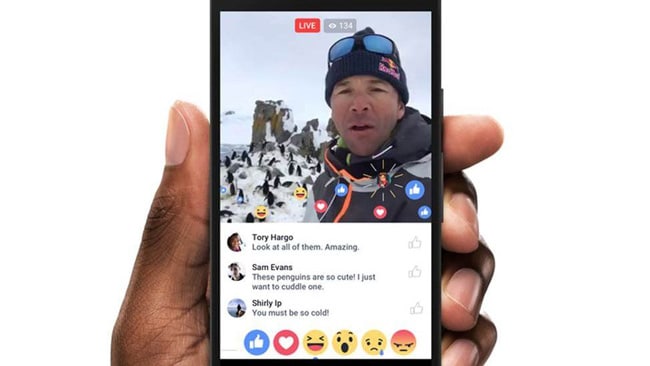The millennial shift to simple, authentic, and inspiring
Youth research firm Voxburner is out this month with its annual Youth Trends Report, and, as always, it offers some new insights into the perspectives and behaviour of younger millennials aged 16-to-24. Released at the YMS 2017 in London this month, Youth Trends Report 2017 draws on expert insights, as well as an online survey of more than 2,000 British millennials, to paint a picture of this key audience group for 2017. As with any such research, the usual cautions apply: this is a reasonable sample size but confined entirely to the UK. Broader interpretations of the findings should therefore be made carefully, but, as is also often the case, the relevance of the findings in this year’s report will extend well beyond the United Kingdom.
Improve me
Last year’s surveydescribed a 16-to-24-year-old cohort with a global perspective and a commitment to social activism. Those undercurrents persist but for 2017 Voxburner also detects a stronger drive toward personal growth. “Self-improvement is on the top of their to-do list as [UK youth] partake in activities that aid in a dedicated process of becoming the best version of themselves possible,” notes the report. More than eight in ten respondents (84%) feel that it is important to continuously improve themselves in terms of both skills and wellness. Related to this overarching findings, the survey responses indicate that 16% are learning new coding and robotics skills, 22% are studying languages, and 40+% are improving their fitness through diet and/or exercise. Harking back to earlier research in the field, the report also ties this impulse to bettering oneself to an abiding interest in making the world a better place. Sabrina Faramarzi, a futures researcher and expert contributor to the report, adds, “In the near future we will see the focus on improvement moving from self-improvement to the improving of the world around us - and specifically to be reflected in environmental issues.”
Be yourself
The 2017 survey also points to a growing pushback among some millennials on the hyper-mediated and carefully styled online media experience to which many of us have become accustomed. Four in ten respondents acknowledged that their social profiles do not reflect their real lives and personalities, and this sentiment is helping to fuel usage of more ephemeral social platforms, such as Snapchat or Instagram, but also hints at a shift toward anonymous (or at least more private) online behaviour in a bid for a more authentic reflection of millennials’ lives online. “The popularity of platforms enabling ephemeral content creation, sharing, and real-time upload for young consumers reflects far more than a desire to communicate novelty and speedy connectivity with friends,” says Flamingo London consultant George Webster. “Young consumers are seeking out opportunities for genuine authenticity. We’ll see this set looking deeper to build presences on networks geared towards more intimate, online conversation and with it, a deeper sense of genuine experience. A sample Snapchat post with a candid graduation moment from Gettysburg College. This same interest reflects in how younger consumers perceive marketing messages and brands as well. More than 80% of respondents said that they prefer brands that promote “real life.” The report suggests a direction for marketers in this respect and says, “For 2017, take this idea one step further by getting involved with this mindset on a deeper level - show your true brand’s self, reveal your most embarrassing moments, your imperfections, your failures, whether via a simple Instagram post or a full-blown campaign. Be creative and above all be transparent in all you do and you’re sure to get the youth sector on your side.”
More simple, please
Reflecting also the information overload that is the norm for most millennials today, the 2017 survey finds a growing interest in simple, easily digestible content online. The report adds, “No-fuss, minimal content is exactly what will be on 16-24s agenda for 2017. Voxburner’s survey found, ‘easy to navigate,’ ‘quick to load,’ and ‘creative,’ were their top three most important qualities within a website.”


















